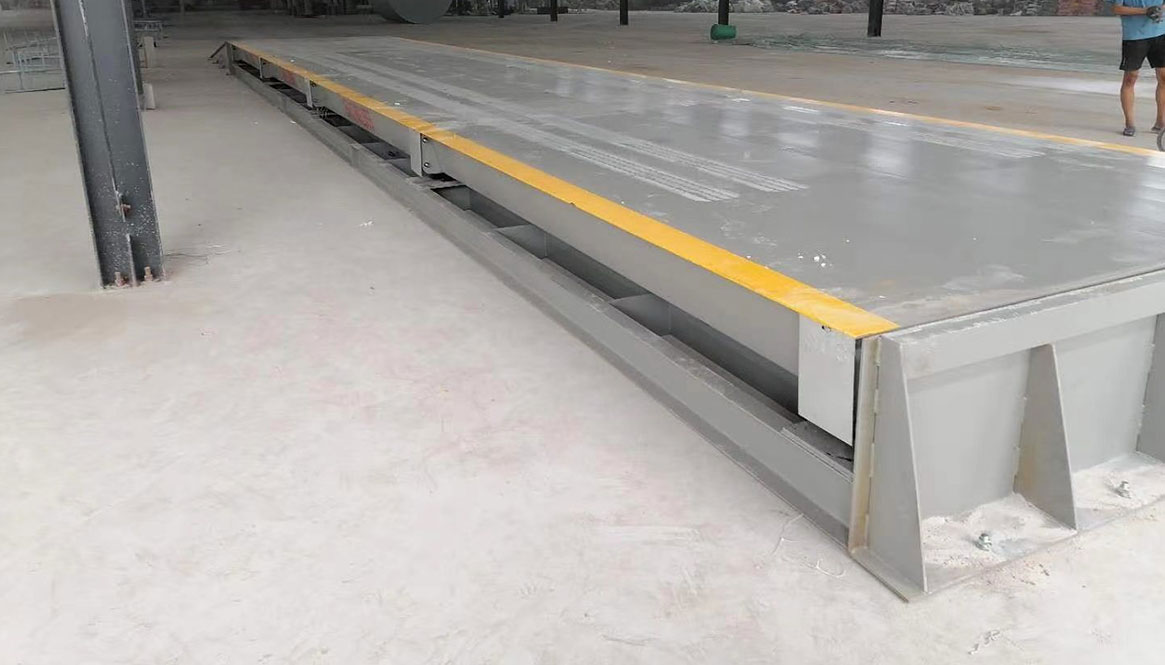
The foundation is the base of a truck scale. Without a proper foundation, these scales are of no use as their functionality is hindered. The foundation and its type affect the truck scales a great deal. Therefore, it is necessary to opt for the most ideal truck scale foundation according to your business requirements and convenience.
Importance Of Truck Scale Foundation
A strong foundation ensures overall safety and promotes accuracy in the measurement of truck loads. Truck-scale foundations are broadly categorized into two types, above-ground and in-ground. Both of these have their own different characteristics, installation procedures, and operational requirements. A strong foundation determines the lifespan of the truck scale and its reliability.
Where to Buy Truck Scale Foundation
It is best to choose a NTEP-certified truck scale from a trusted manufacturer, for reliability, accuracy, and durability. A trusted manufacturer will provide scheduled repairs and maintenance, to help extend the lifespan and ensure precision weight measurements. It is important to place the foundation in a proper location or site, with a flat surface for accuracy in weighing. The stability of the foundation is what determines precise measurements and load capabilities.
Things to Care About at the Time of Installation
If installed on an uneven surface, it can cause wear and tear on the surface of the base which might lead to incidents, that will end up damaging the loaded material and the truck itself. A malfunctioning foundation can cause heavy losses to a business, from inaccurate measurement data to imposing heavy penalties due to overloading.
The installation of the foundation should be done properly without overlooking even the smallest errors. The base should be sturdy and placed in a location that prevents it from being toppled over by the wind otherwise it might lead to some sort of accident like load shift or damage to scales from falling. Truck scales are regulated and standardized in many countries and regions, which govern the installation and use of these weighing equipment. The calibration and performance of the scale rely totally on the base.
Selecting An Ideal Foundation Type
Even the toughest scales are put at risk with a poor foundation. Many factors, such as the slope of the site and soil conditions, must be considered prior to construction. The ground must also be free of any settling prior to scale installation. If the foundation is not properly constructed according to the certified drawing provided by your truck scale manufacturer, your truck scale foundation could shift, causing the scale to be outside acceptable calibration tolerance.
Types Of Truck Scale Foundations
While a rugged foundation ensures reliability and accuracy. It is paramount to choose the right type of truck scale foundation as per your space allocation and operational need. Truck scale foundations are categorized into two types:
In-Ground Foundations: These are the oldest type of foundations. Many businesses have been relying on the performance and durability of these foundations, as they are the most trusted and have been delivering quality assurance, accuracy, and a long lifespan for years. Installation of the base is done by digging a pit from anywhere between 2ft to 6ft. These foundations are very stable and can take a lot of weight without the risk of getting wrecked. Businesses that have enough space and a proper site to dig a pit, always opt for the pit-type foundations, because of their rugged, durable, and reliable design. However, repairing and maintaining these foundations is difficult and more expensive as compared to above-ground scales. In-ground are more prone to damage by rust and corrosion, due to water getting collected in the pit.
Above-Ground Foundations: As the name suggests, these foundations are placed right above the surface of the ground. These are also known as pitless foundation truck scales. Above-ground foundations are preferred by businesses that do not have a fixed and proper space to dig a pit to integrate a fixed foundation into the ground. These foundations are easy to repair, clean, and maintain, as there is an absence of a pit, and every part is visible and accessible above the ground only. Servicing an above-ground foundation is less expensive than its pit-type counterparts, and the installation procedure is much faster and easier, thus reducing the downtime for businesses. This foundation is more exposed to the environment, which is why the built quality is most likely, corrosion and rust-free.
Choosing an ideal foundation is crucial for your business as it impacts day-to-day operations and profitability. If you have less space and want to save more on maintenance it is best to invest in an above-ground foundation, otherwise, if you want a more rugged, and lifelong solution, that is reliable and doesn’t compromise on accuracy, investing in an in-ground foundation might be the right choice for you.
